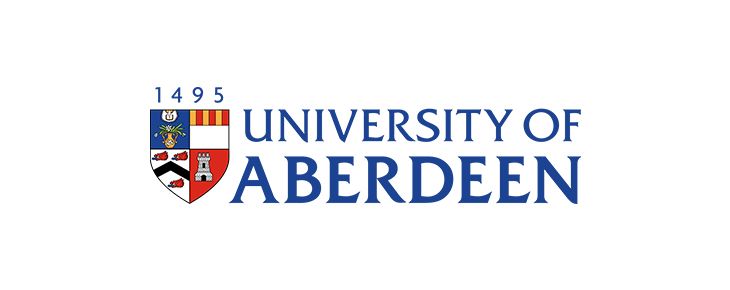University of Aberdeen: Top marks for Lathallan students in stress-related scientific study
Sixth year pupils from Lathallan School near Johnshaven got to experience the process involved in devising and carrying out meticulous scientific studies during two virtual sessions with a team from the University who are engaged in a project to understand how stress is triggered by jobs with different types of payment contracts.
The group of 13 students were given an overview of research being conducted by economists and health psychologists at the University which looks at whether performance-related pay (PRP) – prevalent in many jobs including those in the so-called ‘gig’ economy – has a negative impact on health.
The study, supported by Economic and Social Research Council funding,is conducted in the Scottish Experimental Economics Laboratory at the University and involves comparing the level of cortisol – the so-called ‘stress hormone’ – between participants being paid by PRP or a salary.
The pupils took part in a version of the experiment themselves. While the researchers were not able to examine cortisol, the youngsters were asked about how stressed they felt before and after being engaged in performance-related tasks.
Ranjit Fernandez, Principal Teacher of Business Studies and Computing Science at Lathallan, careers adviser and programme leader of the Youth and Philanthropy Initiative (YPI), said the online workshops were illuminating.
“When our students are in this final stage of school we would normally be encouraging them to attend open days or lectures and to be as involved as possible in learning about life at University,” he said.
The tests carried out by the pupils saw higher self-reported stress when doing a PRP task, which mirrors the results we are seeing in the full study.”
Dr Nicole Andelic, Research Fellow, Aberdeen Business School
“That has become much harder to do due to the pandemic so when the team at the University offered to run the workshops it was a great way for pupils to engage with senior staff, get a feel for what’s involved in being an academic, how varied it can be and how this may influence their own advanced studies.
“Conducting their own mini version of the scientific study was also interesting in helping them consider the health implications of any potential future careers.”
The workshops were led by Professor Keith Bender, SIRE Chair in Economics at the University of Aberdeen Business School, and Research Fellow Dr Nicole Andelic.
Dr Andelic said: “The strength in our study is that it is multi-disciplinary, combining the skills of the Department of Economics and the research group in Health Psychology, with a clear focus on establishing whether PRP induces low grade stress which is bad for our health.
“The tests carried out by the pupils saw higher self-reported stress when doing a PRP task, which mirrors the results we are seeing in the full study. We hope that sharing our methodology and having the students take part in a scaled down version provided them with a flavour of our research and the numerous factors that must be considered, while helping them prepare for the transition to further education.”

